June 29, 2023
UW + Amazon Science Hub announces 2023-24 Amazon Fellows; Faculty Research Awards
The UW + Amazon Science Hub, established in 2022 to advance innovation in core robotics, artificial intelligence technologies, and their applications, has awarded Amazon Fellowships to UW Engineering doctoral students Taewan Kim and Chuning Zhu for 2023-24. Kim and Zhu will each receive three quarters of funding to pursue independent research projects in robotics and reinforcement learning, respectively. Amazon Fellows also receive opportunities for paid summer internships at Amazon, where they can work directly with Amazon researchers to gain valuable industry insight and experience.
Taewan Kim
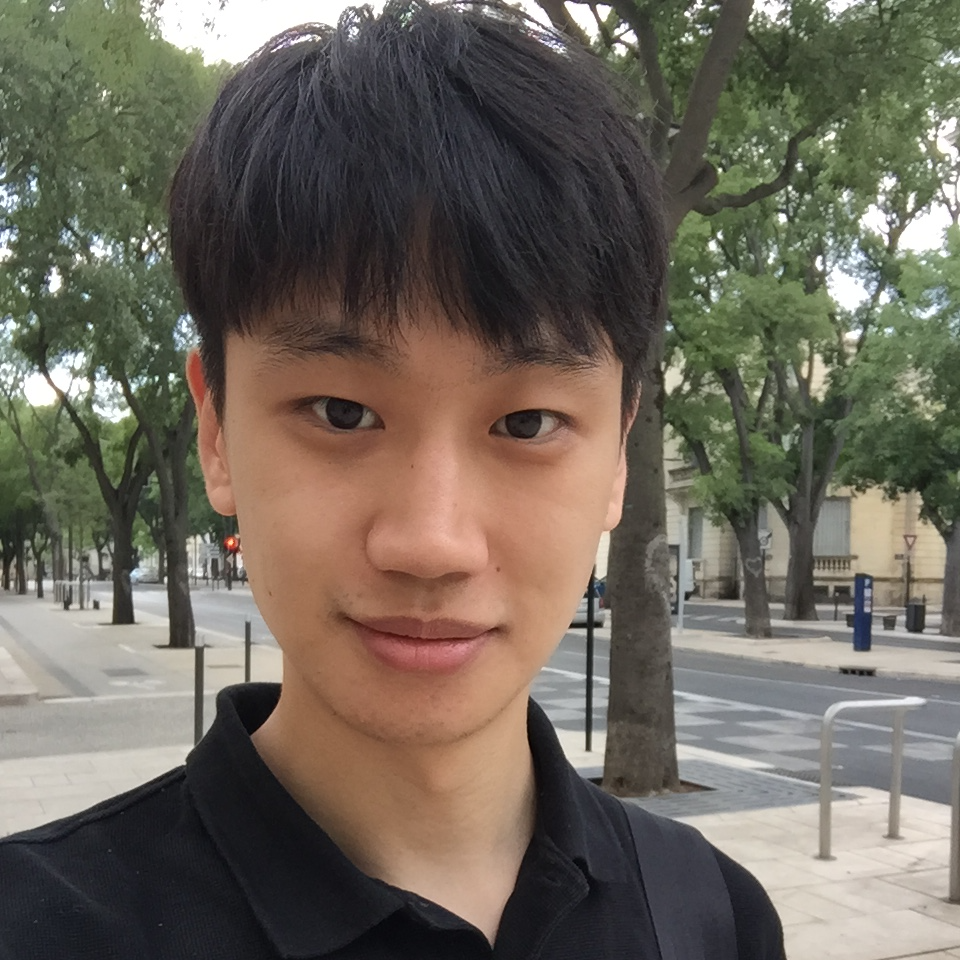
Taewan Kim is a Ph.D. student in aeronautics and astronautics (A&A) and a member of the Autonomous Controls Lab, advised by Behçet Açikmeşe. His research focuses on optimization algorithms and their practical applications in aerospace vehicles, including real-time control of quadrotors, powered descent guidance for reusable rockets, and control systems for commercial aircraft. Kim earned a B.S. in Mechanical Engineering at Hanyang University and an M.S. in Aerospace Engineering at Seoul National University, both in Seoul, South Korea.
Prior to joining UW, he was a software engineer at Samsung Electronics, where he worked on developing learning-based metrology and inspection systems for semiconductor manufacturing. Kim received the James L. Teslow Endowed Ph.D. Fellowship and the William E. Boeing Endowed Fellowship in A&A in 2020-21.
Joint synthesis of trajectory and controlled invariant funnel for nonlinear systems with uncertainty quantification
This research focuses on a joint synthesis algorithm of trajectory and controlled invariant funnel (CIF) for nonlinear systems under the presence of uncertainty. The CIF synthesis refers to a procedure of computing controlled invariant sets and corresponding feedback gains. In contrast to existing CIF synthesis methods that compute the CIF with a predetermined nominal trajectory, Kim aims to optimize the nominal trajectory and the CIF jointly without the relaxation of constraints, leading to a more cost-optimal outcome. The planned algorithm consists of: i) trajectory update to optimize the nominal trajectory and ensure CIF feasibility; ii) quantifying system uncertainty based on trajectory data; iii) funnel update to compute the funnel around the nominal trajectory, ensuring CIF invariance. The optimized trajectory and CIF ensure that any subsequent trajectory stays within the feasible region around the nominal trajectory even under uncertainty. Kim plans to validate this proposed algorithm with aerospace robotic systems such as quadrotors, reusable rockets, and commercial aircrafts.
Chuning Zhu
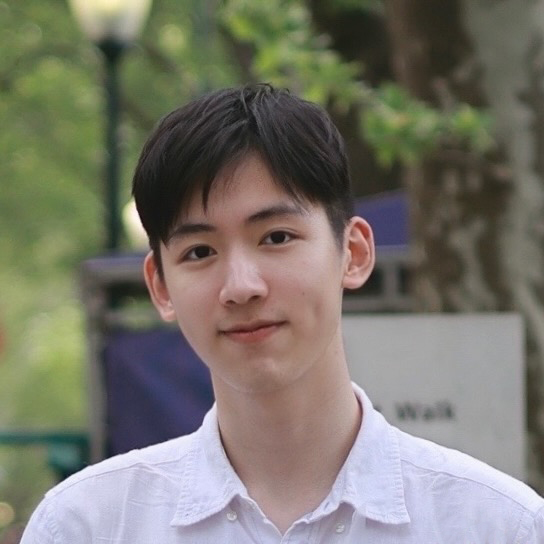
Chuning Zhu is a Ph.D. student in computer science & engineering (CSE) and a member of the Washington Embodied Intelligence and Robotic Development lab, advised by Abhishek Gupta. His research focuses on developing generalizable and data-efficient deep reinforcement learning algorithms that allow robots to autonomously acquire skills in unstructured environments. Zhu received his B.S. in Computer Science from the University of Pennsylvania in 2022.
Resilient model-based reinforcement learning by regularizing posterior predictability
Visual model-based RL methods typically encode image observations into low-dimensional representations in a manner that does not eliminate redundant information. This leaves them susceptible to spurious variations – changes in task-irrelevant components such as background distractors or lighting conditions. In this project, Zhu will develop a visual model-based RL method that learns a latent representation resilient to such spurious variations. Our training objective will encourage the representation to be maximally predictive of dynamics and reward, while constraining the information flow from the observation to the latent representation. Zhu will demonstrate that this objective significantly bolsters the resilience of visual model-based RL methods to visual distractors, allowing them to operate in dynamic environments.
Faculty Research
The UW + Amazon Science Hub announced support for five new research projects led by seven faculty from departments across the UW College of Engineering. Each project receives up to $100,000 in support from Amazon.
Decentralized visual mapping of cluttered scenes using a team of low-cost mobile robots

Ashis G. Banerjee
Associate Professor
Industrial & Systems Engineering and Mechanical Engineering
The receiving sections of large fulfillment centers are cluttered with a wide variety of objects that need to be sorted into different bins before they can be transported to their storage locations. With the increasing use of low cost mobile robots in sorting operations, mapping of cluttered scenes with robust object recognition is becoming an important problem. However, this problem is challenging due to object occlusion, scene lighting and background variations, sensor (camera) limitations, and on-board processing constraints. This project proposes to develop an effective decentralized, visual mapping solution to address these challenges. To this end, the researchers have two specific research aims. First, they plan to develop a parsimonious environment representation and communication protocol to enable decentralized mapping on robots equipped with only commodity hardware. Second, they intend to actively plan the robot motions to take additional observations from optimally chosen viewpoints for heavily occluded objects, leading to guaranteed improvements in map quality. They also plan to evaluate the performance of our mapping solution in both simulated and real-world scenes with a large number of objects under diverse conditions using moderate sized robot teams.
Hierarchical framework for scalable multi-agent autonomous mobility
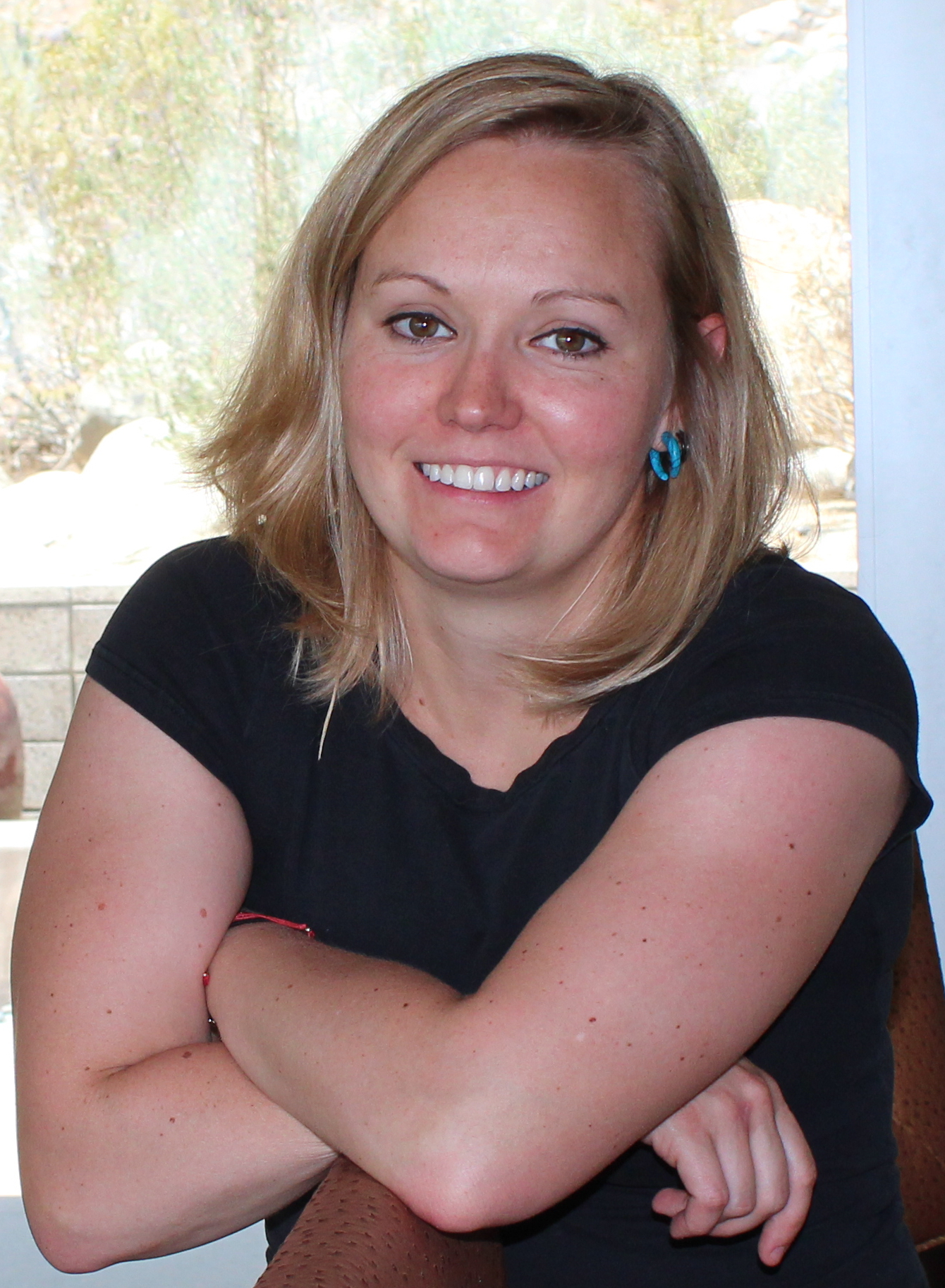
Lillian Ratliff
Associate Professor
Electrical & Computer Engineering
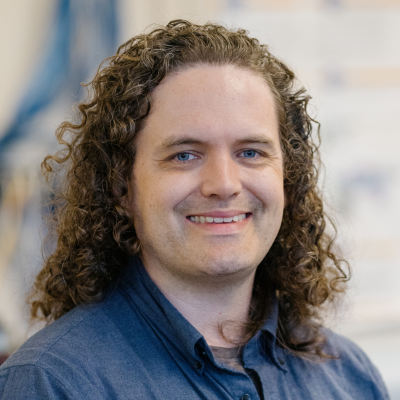
Sam Burden
Associate Professor
Electrical & Computer Engineering
This proposal seeks to address the problem of large-scale multi-agent autonomous mobility with many agents, congestion effects, and safety constraints by developing a hierarchical decision framework composed of two interdependent layers. The inner layer of the hierarchical decision problem is a very large-scale, path planning and routing problem with uncertainties for which we aim to develop computationally efficient algorithms by combining methods from online and distributed optimization to mediate between decomposed sub-problems where each sub-problem is solved via efficient search-based algorithms or learning-based methods such as multi-agent RL. The layer above, we propose a meta-learning framework for adaptive task assignment, hyper parameter optimization, and sub-problem decomposition each of which feed into the inner layer. Importantly the modeling abstraction for the inner layer is informed by the lower level control decisions individual autonomous agents are making and constraints they face. The outcome will be algorithms with theoretical guarantees and experimental validation via large scale simulations.
Damage level assessment in packages through transformer-based neural networks and sensitivity analysis

Mehmet Kurt
Assistant Professor
Mechanical Engineering
The detection of damage is an essential step in quality control and cost management in small and large companies. Considering the substantial amount of wasted resources, many researchers have focused on developing automated ways for damage detection. In recent years, vision-based methods commonly used in object detection and classification have been repurposed as a potential solution for damage stratification. These methods, however, have gained more popularity in large-scale companies due to the rarity of available training datasets for damaged and undamaged items. In this proposal, the researchers aim to perform impact pendulum and drop test experiments on cardboard items with varying textures, prints, and dimensions to generate datasets of various damaged items and their undamaged counterparts. They will then use this dataset to train and optimize a transformer-inspired network to generate a damage scale for two damage types, mainly crushing and puncture, and they will use Sobol sensitivity analysis to understand the relationship between the quantified mechanical damage, package metadata, and the input damage energy (i.e., impact pendulum velocity). With future collaborations with Amazon including ongoing talks, this proposed damage scale and sensitivity analysis could be correlated with the decisions to return an item, qualitative damage metrics in the warehouse and customer feedback, which would provide a cost-effective way to assess damage in warehouse items for Amazon.
Robot Pack-a-thon: Packing arbitrary objects with fabricatable flexural manipulators
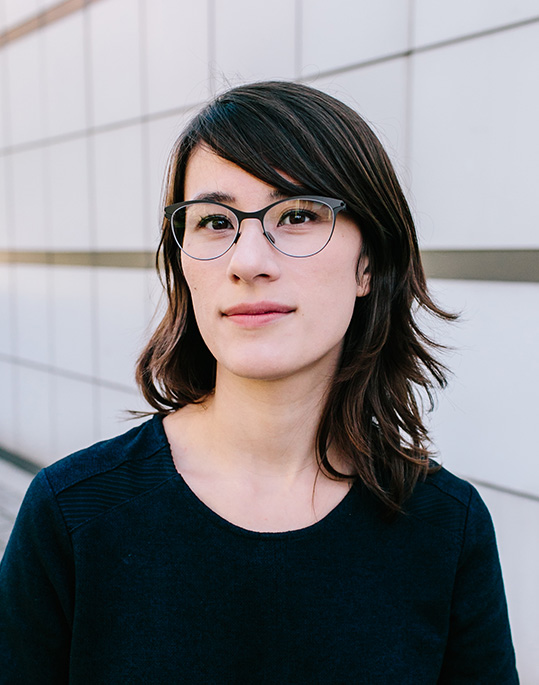
Nadya Peek
Assistant Professor
Human-Centered Design & Engineering
Peek will develop the Robot Pack-a-thon: a competition where participants use their own robotic manipulators and control programs to pick up and pack arbitrary objects into designated spaces. In a directed research group, competitors will develop fabricatable flexural end-effectors to be used with our proposed robotic testbed. They will program their packing actions in our proposed end-user environment, where they can use both camera- and touch-based input for authoring.
Theoretically principled representation learning for multi-task reinforcement learning
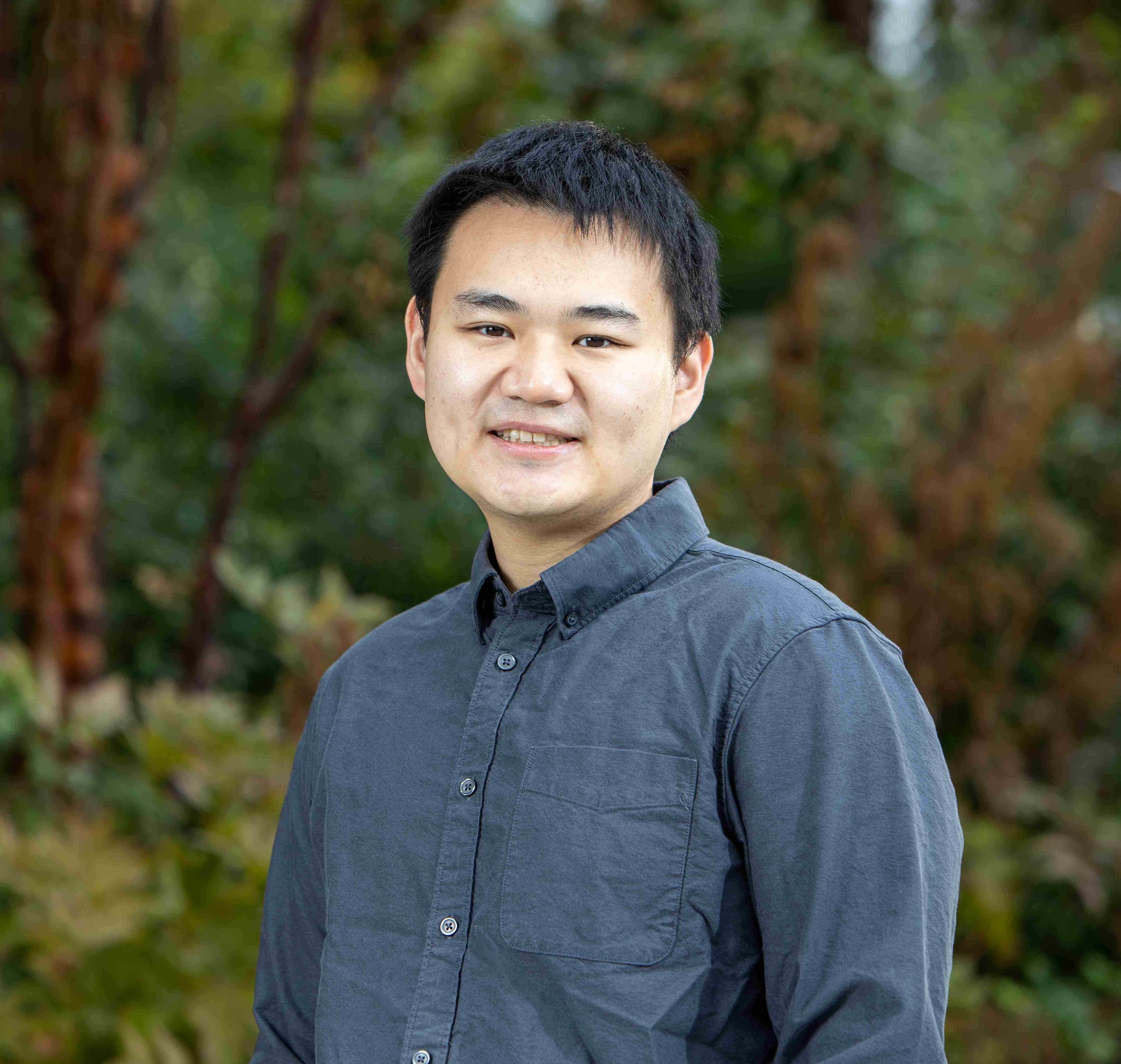
Simon Shaolei Du
Assistant Professor
Paul G. Allen School of Computer Science & Engineering
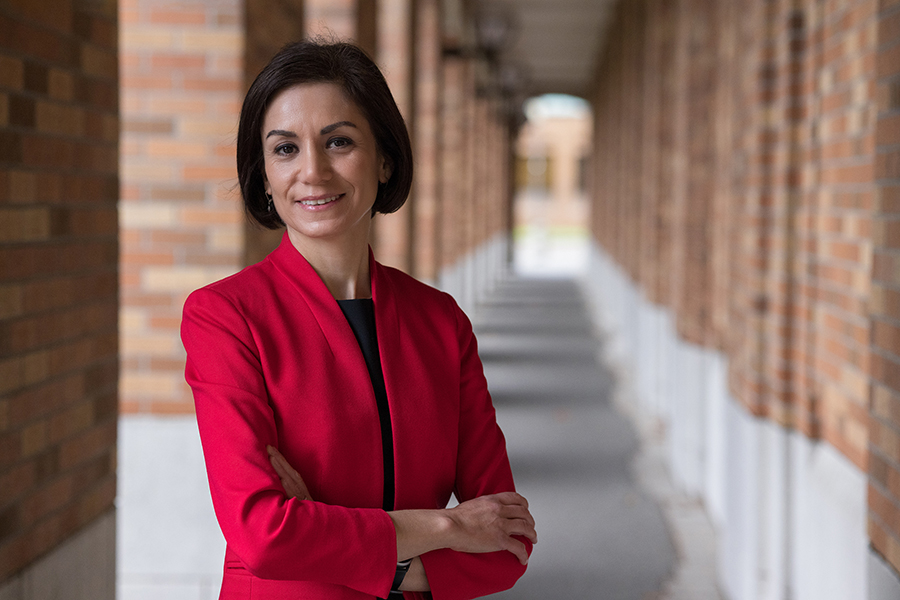
Maryam Fazel
Moorthy Family Professor
Electrical & Computer Engineering
Reinforcement learning is an effective framework for solving robotics tasks. However, when the sample size is small, current approaches often fail. This proposal aims to design principled new algorithms based on representation learning techniques for multi-task reinforcement learning with different but related tasks, and to learn a joint feature extractor using data from all tasks to reduce sample complexity.
Building upon prior work, the PIs will develop a general algorithmic framework that fully unleashes the power of representation learning for multi-task reinforcement learning. This project’s three concrete tasks aim to (1) use more powerful feature extractors, such as deep neural networks, to reduce sample complexity, (2) efficiently explore action selection since established exploration strategies only apply to single-task problems, and (3) maintain computational efficiency given the compute-intensity of representation training. To achieve these goals, the PIs will apply techniques from stochastic optimization, experimental design, and switching cost analysis to design the proposed framework, which will be backed with solid theoretical analysis (regret analysis). The PIs plan to evaluate the framework on public benchmark robotics environments, with the potential to test on Amazon’s platform as the project progresses.